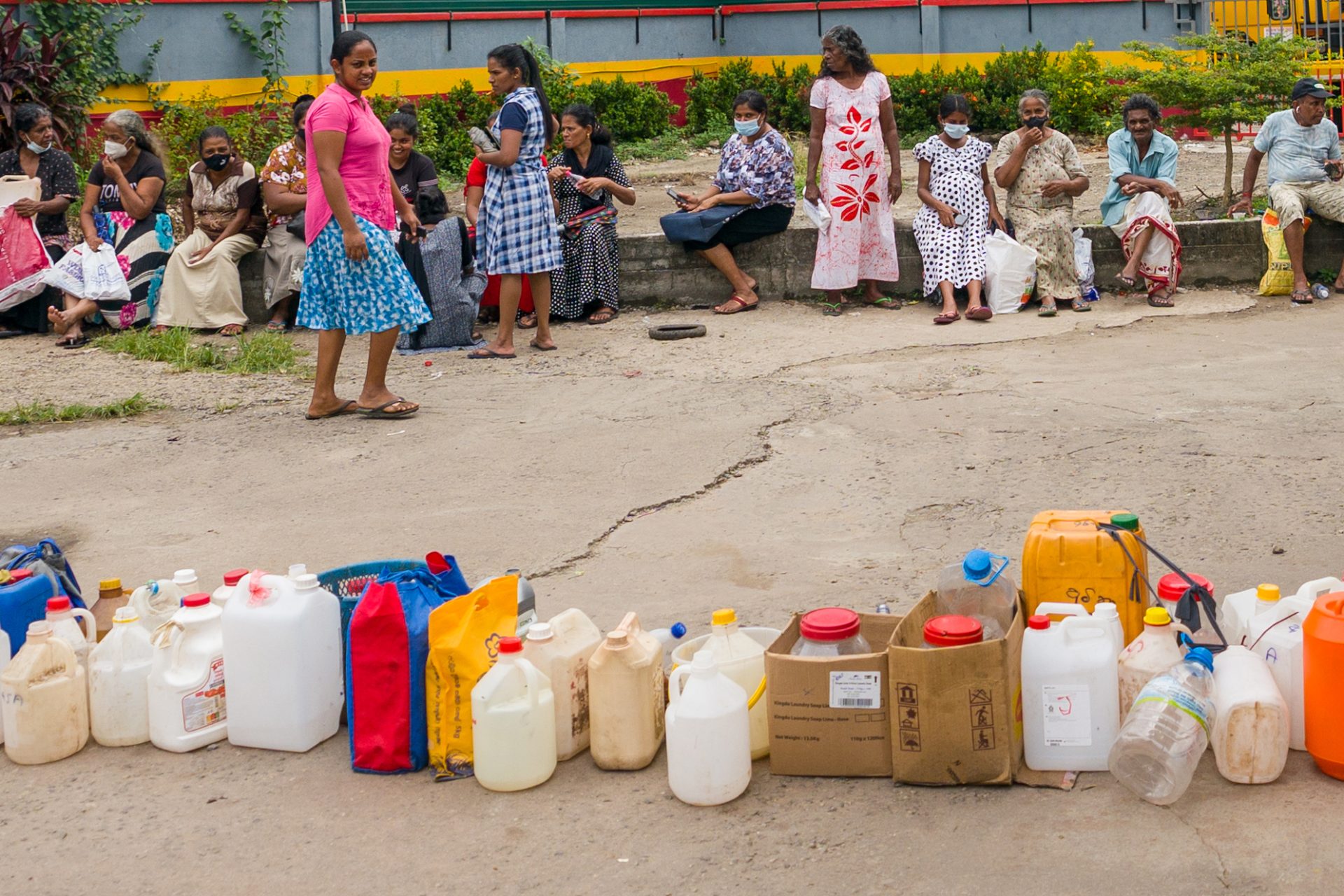Several religious leaders in Sri Lanka have echoed the call of Cardinal Malcolm Ranjith of Colombo for the resignation of President Gotabaya Rajapaksa amidst the ongoing economic crisis in the country.
Bishop Asiri Perera, former president of the Methodist Church of Sri Lanka, said Rajapaksa’s resignation “will be the first step for the recovery of the nation.”
“The people is not asking for a new government or a new ruler, but for cooking gas, fuel for our vehicles, an uninterrupted supply of electricity, a sustainable cost of living,” said the Protestant Church leader.
“I appeal to all politicians: do not enter a struggle for power,” said Bishop Perera.
Earlier this week, Cardinal Ranjith called on Rajapaksa to take full responsibility for the economic crisis and to resign.
“The biggest obstacle to liberating the country from this sad situation is the fact that the Rajapaksa family continues to stay in power,” said the cardinal in a statement released on Tuesday, July 5.
The prelate said the “blatant neglect of duty” of the ruling party “has made it very clear … that this family considers their political power as being more important than the wellbeing of the people.”
“Everything done so far amounted to only political jugglery,” said Cardinal Ranjith.
Buddhist religious leaders in the country have also called on the government to “stop the political misbehavior and be honest and appoint an all-party government.”
The monks said that the government’s attempt to suppress public opposition “has become a serious crisis.”
“Every representative of the people should understand the depth of the crisis and put aside positions, privileges, power, and stand up for the people’s right to live without clinging to selfish and insensitive narrow political theories,” they said in a statement released on July 2.
Rajapaksa, younger brother of former strongman Mahinda Rajapaksa who ruled the country for a decade until his defeat in 2015, won the last presidential elections in 2019.
He vowed to restore “discipline” and strengthen security, but his popularity took a serious hit over the gross mismanagement of the economy, amid allegations of corruption.
The economic and financial difficulties began in 2019 with growing public debt, aggravated by the collapse of tourism due to the COVID-19 pandemic.
The rise in food and energy prices has further increased the severe debt and worsened the balance-of-payments crisis.
The resulting shortage of foreign currency has left the Rajapaksa government unable to pay for essential imports, including medicine, food and fuel, leading in recent weeks to debilitating power cuts.
Early in June, the United Nations launched an appeal for US$47.2 million to provide life-saving assistance to about 1.7 million citizens of the Asian nation, saying that the shortage of medicines should ease in the medium term thanks to a credit line from India and other partners.







